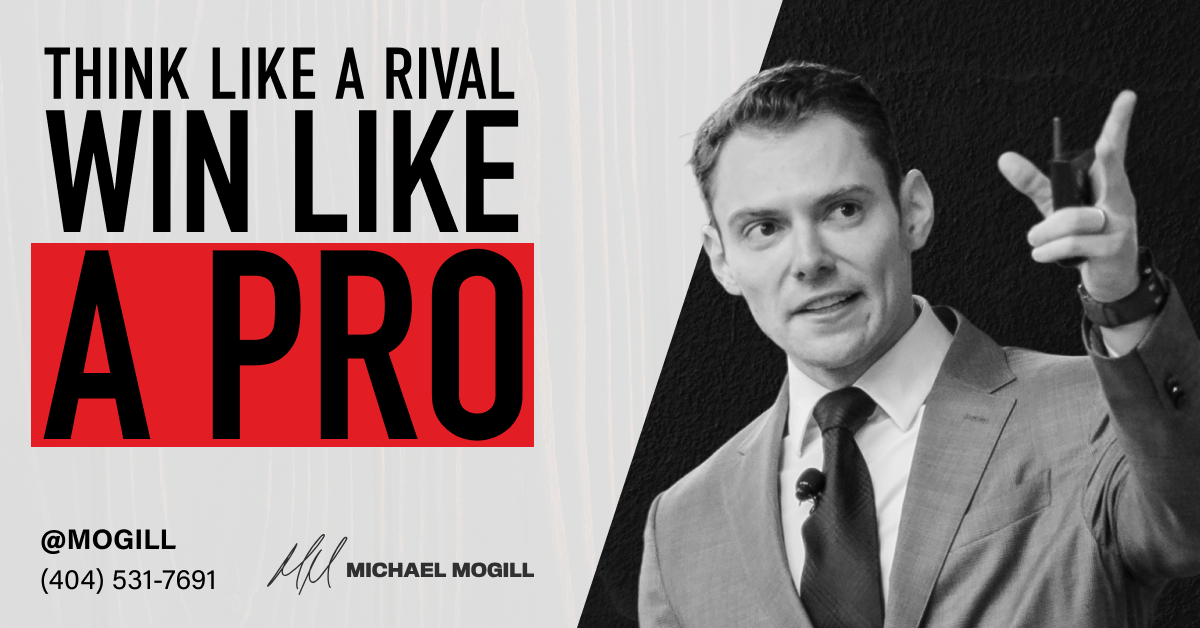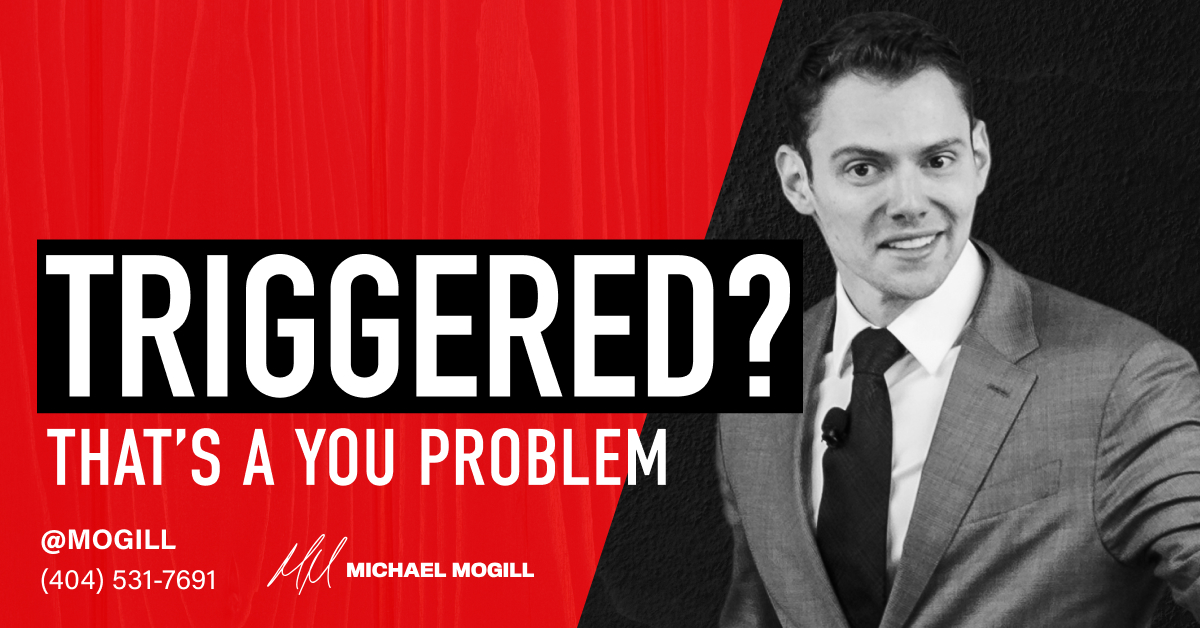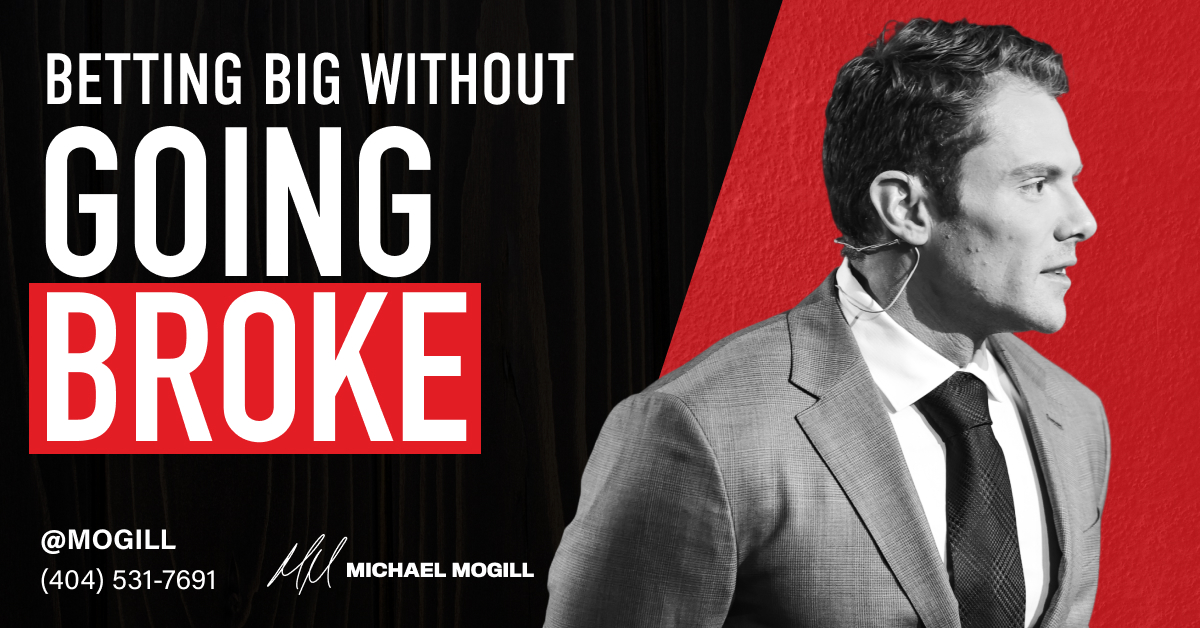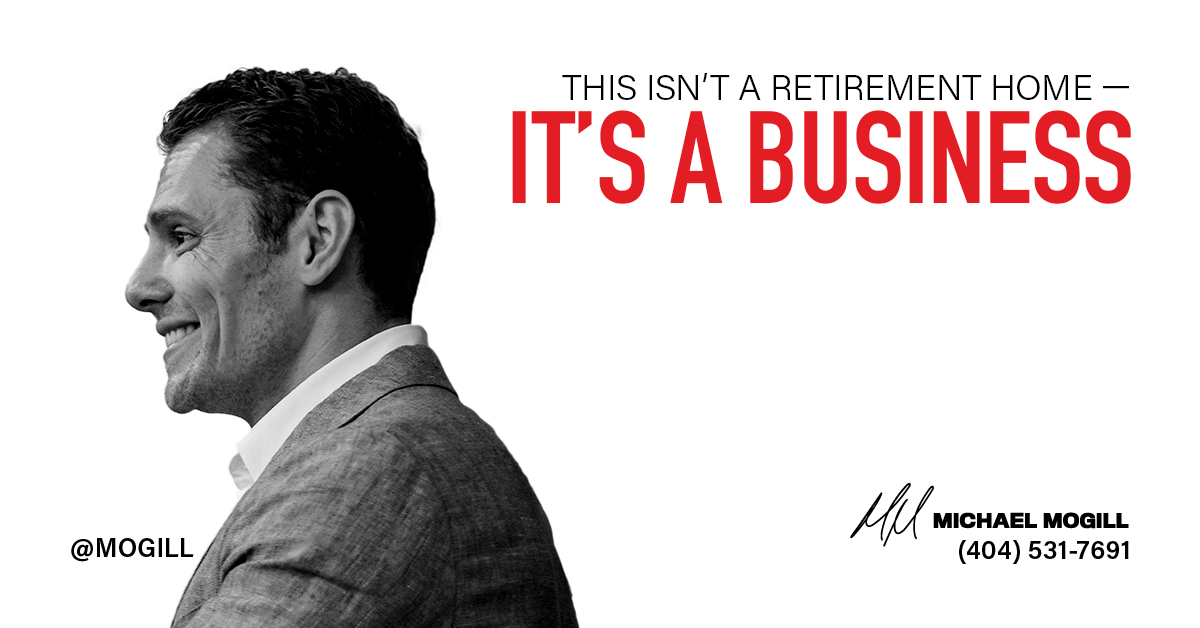Let’s talk about decision making. You’d be surprised by how many leaders struggle with this — law firm owners included.
Here’s the truth: Indecisiveness is weakness.
When you postpone a decision, you’re actually just making a decision to postpone the speed in which your business can move forward and grow. If you’re able to make swift decisions and take decisive action, you can move a lot faster.
In fact, you can actually make the wrong decision and still find your way to making the right one faster than if you make no decision at all.
Let’s get into the actual framework behind making a business decision, because I feel like many times the lack of framework is what’s causing leaders to become so stagnant with the choices they make for their law firm.
Many times, decisions are made based on emotion — how you’re feeling at a given moment — or they’re made based on the information (or the lack of information) that you have on hand.
So, the question is: Do you have enough information to make a decision, and does getting more information help you make a better or different decision?
Here’s the reality, though. Once you get 80 percent of the information you need, if you’re going to spend another six months to get the additional 20 percent, that doesn’t necessarily help you get the additional information necessary to make a decision. This just leads to time wasted that you could have spent focusing on other things to help your law firm grow.
The other way to weigh it is to look at it from the standpoint of an equation.
So, look at what is your upside to making the right decision versus what is your downside of making the wrong decision.
For example, imagine you’re concerned about something major like cancer. In terms of getting a cancer screening, the downside of not getting one and finding out you have it is significant. Your upside of not getting the screening and finding out you don’t have cancer is fairly low.
On the business level, if your downside of making the wrong decision is that it wipes out your entire organization, that’s definitely a decision that does not make sense. If the possible upside outweighs the possible downside, however, it’s typically better to then take the action you are weighing. You can mitigate the downside if necessary — while also having the opportunity to succeed with the upside.
It’s important to have a framework around the ways in which you can make decisions, and it’s important to be able to make those decisions rather quickly.
Businesses have to be able to be nimble.
I’ll leave you with this: If your goal is to grow and to be able to move swiftly, you’ve got to have a great decision-making framework.








